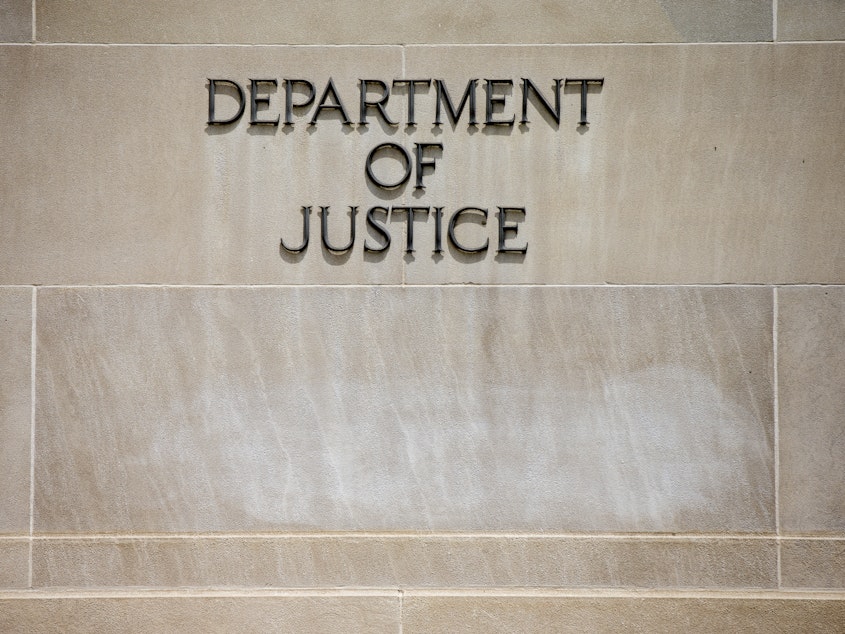DOJ releases a Mueller-era memo to Barr on the decision to not prosecute Trump

The Justice Department on Wednesday released a memo from 2019 laying out the case for not prosecuting former President Donald Trump for obstruction of justice in connection with then-special counsel Robert Mueller's Russia investigation.
The nine-page memo dated March 24, 2019 was written by two senior Trump Justice Department officials: Assistant Attorney General Steven Engel and Principal Associate Deputy Attorney General Ed O'Callaghan.
They conclude that none of Trump's actions documented in the Mueller report— his firing of FBI director James Comey; his directing the top White House lawyer to fire Mueller; his exhorting witnesses not to flip — should be viewed as obstruction.
"We conclude that the evidence described in Volume II of the Report is not, in our judgment, sufficient to support a conclusion beyond a reasonable doubt that the President violated the obstruction-of-justice statutes," the memo says. "In addition, we believe that certain of the conduct examined by the Special Counsel could not, as a matter of law, support an obstruction charge under the circumstances."
The watchdog group Citizens For Responsibility and Ethics in Washington sued under the Freedom of Information Act for the memo to be made public. The Justice Department long fought its release, arguing that the memo was part of the department's internal deliberative process.
Sponsored
A district court judge and a panel of circuit court judges disagreed and ordered its release.
Then-Attorney General William Barr ultimately declined to prosecute Trump for obstruction of justice stemming from Mueller's probe into Russian interference in the 2016 election.
Trump and his supporters lauded the decision, but many legal experts questioned the reasoning and conclusion. More than 1,000 former federal prosecutors signed a letter in 2019 saying that the conduct described in Mueller's report would normally lead to multiple felony charges for obstruction of justice.
The memo concludes that there was not sufficient evidence to establish Trump obstructed justice during Mueller's probe. It says that obstruction cases usually are brought when a person prevents the investigation and prosecution of a separate crime, and that the Mueller probe did not establish an underlying crime or criminal conspiracy.
It also says that there is considerable evidence that Trump took official actions, such as asking the White House Counsel to fire Mueller, "not for an illegal purpose, but rather because he believed the investigation was politically motivated and undermined his administration's efforts to govern."
Sponsored
The memo points out that none of Trump's requests to alter the investigation were carried out.
The document has been released as the former president faces both criminal and congressional investigations for other matters, including storing presidential documents at his Mar-a-Lago residence. [Copyright 2022 NPR]



